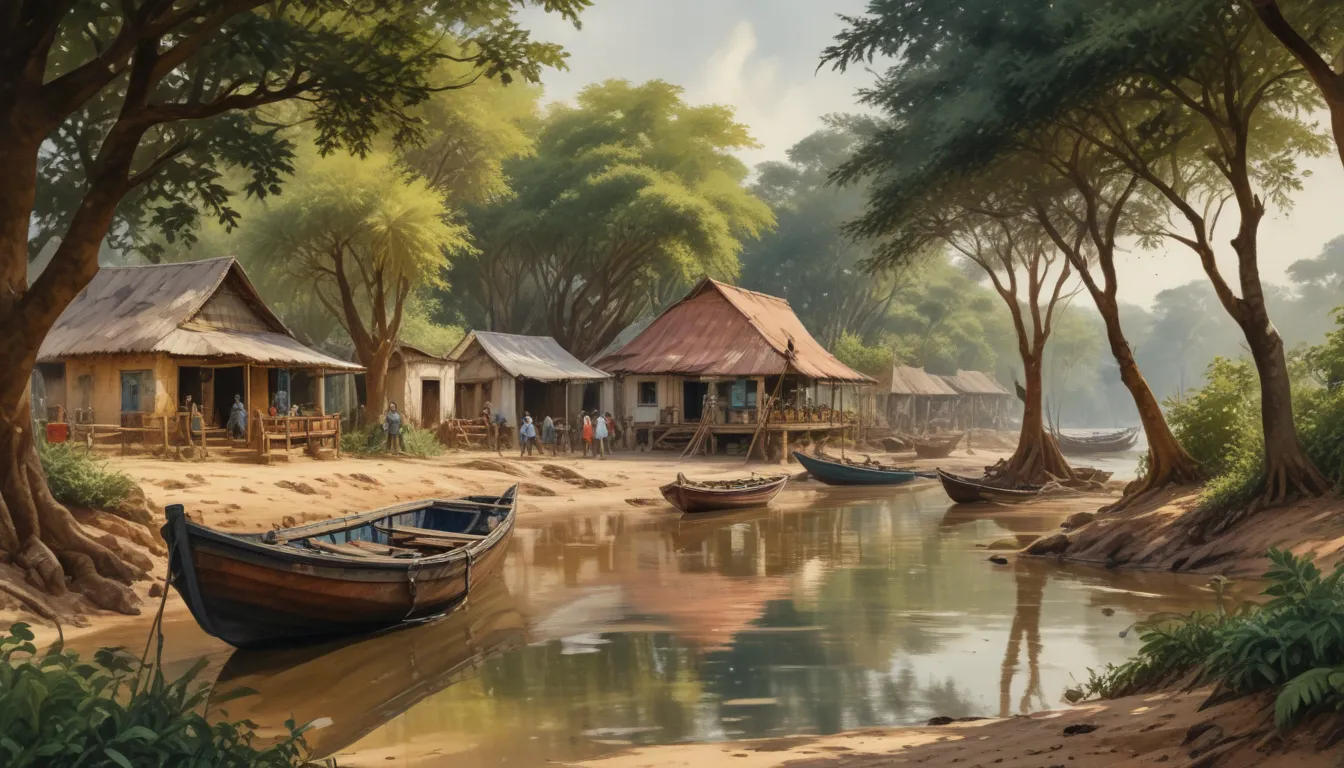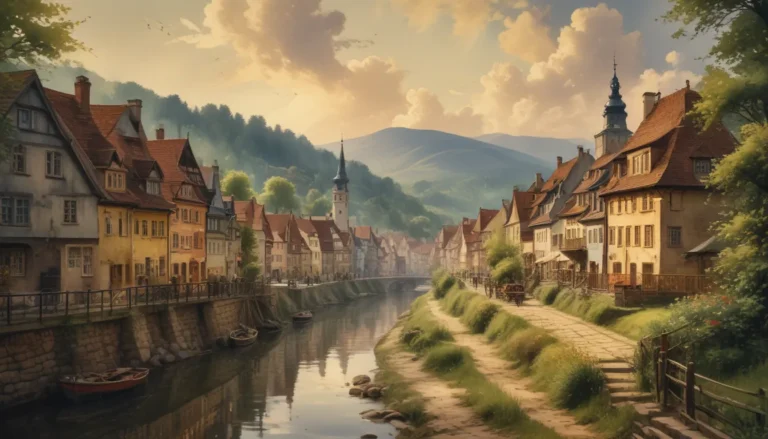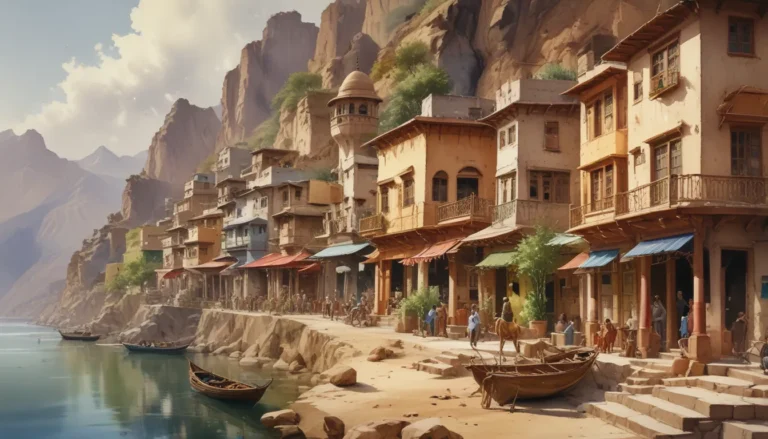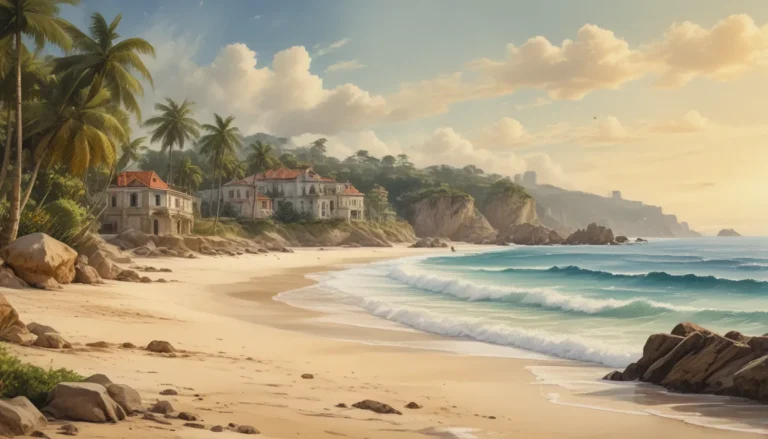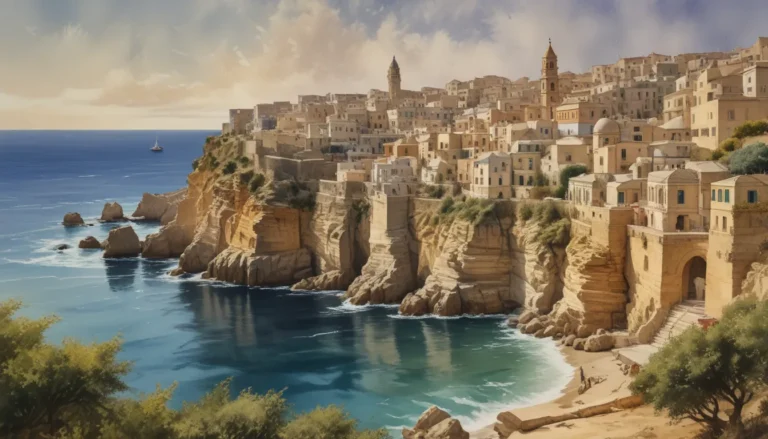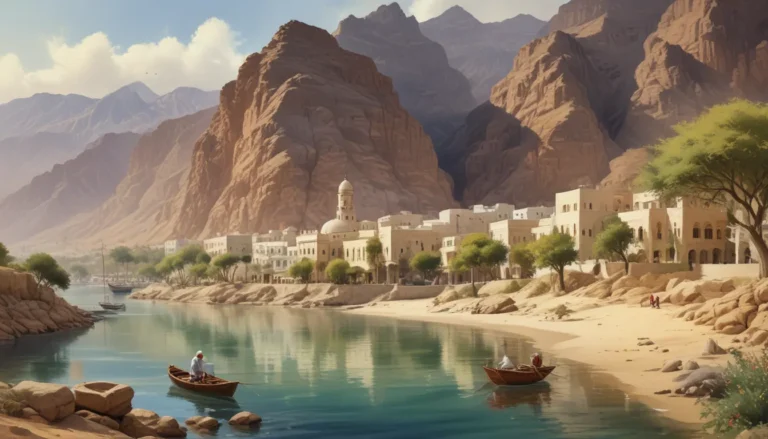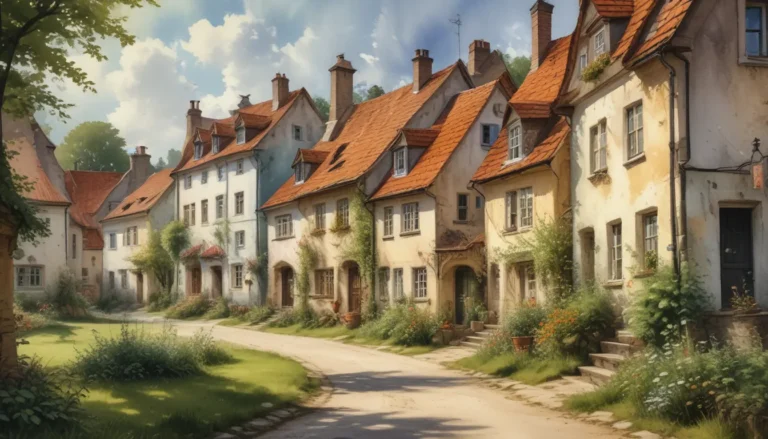The images in our articles are for illustrative purposes only and may not exactly match the content. They are intended to capture your interest and complement the text, not to replace it.
Welcome to the captivating world of Guinea-Bissau, a small West African country brimming with cultural riches and natural wonders. Nestled between Senegal and Guinea, Guinea-Bissau may not be the first destination that comes to mind, but its vibrant traditions and diverse landscape make it a hidden gem waiting to be explored. Join us on a virtual journey as we uncover 43 intriguing facts about Guinea-Bissau, giving you a deeper understanding and appreciation of this often-overlooked African nation.
Discovering Guinea-Bissau: A Land of Rich History and Culture
- Guinea-Bissau gained independence from Portugal on September 24, 1973, marking a significant milestone in its history and culture.
- The official language spoken in Guinea-Bissau is Portuguese, reflecting its colonial past and widespread usage in administration, education, and business.
- Bissau, the capital and largest city of Guinea-Bissau, is a bustling hub of economic and cultural activity situated along the Atlantic coast.
Unveiling the Cultural Tapestry of Guinea-Bissau
- Guinea-Bissau is known for its diverse ethnic groups, with over 20 different communities each preserving unique traditions, languages, and cultural practices.
- The Bijagós Islands, a group of beautiful islands off the coast of Guinea-Bissau, offer pristine beaches, lush mangroves, and rich biodiversity for nature enthusiasts.
- The annual Carnival of Bissau is a vibrant cultural celebration where locals don colorful costumes, dance to traditional music, and parade through the streets, showcasing unity and joy.
Delving into the Rich Heritage of Guinea-Bissau
- Jollof rice, a flavorful dish cooked with tomatoes, onions, and spices, is the national dish of Guinea-Bissau, often served with fish or chicken.
- Guinea-Bissau is home to several national parks and protected areas, such as Orango National Park and Cantanhez Forests, preserving its unique wildlife and ecosystems.
- The traditional music of Guinea-Bissau, deeply rooted in African rhythms and instruments like djembe drums and kora, reflects the soul of its people.
Exploring the Natural Beauty of Guinea-Bissau
- The Cashew Nut Route is a popular tourist attraction in Guinea-Bissau, taking visitors through cashew plantations and showcasing the process of cashew nut production.
- The Saltinho Waterfalls, nestled amidst lush greenery, offer a tranquil escape and breathtaking views for visitors seeking natural wonders.
Embracing the Vibrant Art and Crafts of Guinea-Bissau
- The people of Guinea-Bissau are known for vibrant art scenes, with artists using various mediums like painting, sculpture, and weaving to express their creativity.
- The Bijagó people, skilled artisans, craft intricate woodcarvings, pottery, and woven baskets, showcasing their artistic talents and cultural heritage.
- The Guinea-Bissau National Art Institute promotes artistic expression and cultural preservation, nurturing local artists and celebrating the country’s diverse heritage.
Engaging with Traditional Festivals and Celebrations
- The Tabanca Festival celebrates traditional music and dance in Guinea-Bissau, providing an opportunity for locals to showcase their rich cultural heritage.
- The Djurtus, Guinea-Bissau’s national football team, participate in international competitions like the Africa Cup of Nations, representing the nation’s pride and passion.
Connecting with the Local Communities of Guinea-Bissau
- The brave women of Guinea-Bissau played a significant role in the fight for independence, demonstrating their resilience and determination.
- The Fulani people, one of the largest ethnic groups in Guinea-Bissau, influence the country’s traditions through their nomadic lifestyle, music, and clothing.
Enjoying the Culinary Delights and Traditional Drinks of Guinea-Bissau
- An overview of Guinea-Bissau’s rich cuisine, influenced by African and Portuguese heritage, features seafood stews, rice dishes, and grilled meats.
- “Calabash wine,” a traditional drink of Guinea-Bissau fermented in calabash gourds, is a popular beverage during festive occasions.
Planning Your Journey to Guinea-Bissau
- Guinea-Bissau celebrates Independence Day on September 24th, marking the country’s freedom from colonial rule with various festivities and cultural events.
- Guinea-Bissau’s warm hospitality and friendly locals welcome visitors with open arms, allowing them to immerse themselves in the generosity and warmth of Guinean people.
Embark on an Unforgettable Adventure to Guinea-Bissau
With its captivating history, vibrant culture, and stunning landscapes, Guinea-Bissau offers a unique experience for travelers seeking to explore the treasures of West Africa. From its picturesque landscapes to vibrant traditions, this fascinating country has something for everyone. Whether you’re interested in colonial history, engaging with local communities, or simply relaxing on the beautiful Bijagos Islands, Guinea-Bissau is sure to leave a lasting impression. Pack your bags and get ready to embark on an unforgettable adventure in Guinea-Bissau!
Your Trusted Source for Fascinating Facts
Our commitment to delivering engaging and credible content is central to our mission. Each fact on our site is contributed by real users like you, ensuring a diverse range of insights and information. Our dedicated editors meticulously review each submission to guarantee accuracy and reliability. Trust in our commitment to quality and authenticity as you explore the vibrant world of Guinea-Bissau with us.
Frequently Asked Questions
- What is the official language of Guinea-Bissau?
-
The official language of Guinea-Bissau is Portuguese.
-
What currency is used in Guinea-Bissau?
-
The currency used in Guinea-Bissau is the West African CFA franc (XOF).
-
Is Guinea-Bissau a safe country to visit?
-
While generally safe, it is recommended to take necessary precautions and stay informed about the local situation.
-
What is the best time to visit Guinea-Bissau?
-
The best time to visit Guinea-Bissau is during the dry season, typically between November and April.
-
Do I need a visa to enter Guinea-Bissau?
-
Yes, most visitors require a visa. Check with the nearest embassy or consulate for up-to-date requirements.
-
What are some popular tourist attractions in Guinea-Bissau?
-
Popular attractions include the Bijagos Islands, Orango National Park, Bolama Island, and Bissau’s historic city.
-
Can I drink tap water in Guinea-Bissau?
-
It is not recommended. Stick to bottled or filtered water.
-
What is the cuisine of Guinea-Bissau like?
-
Influenced by African and Portuguese heritage, it features seafood stews, rice dishes, and grilled meats.
-
Are there health risks in Guinea-Bissau?
-
Health risks include malaria. Consult a healthcare professional before traveling.
-
What are the transportation options in Guinea-Bissau?
- Transportation includes taxis, minibusses, and shared taxis. Agree on fares in advance.
Guinea-Bissau beckons with its captivating allure and hidden treasures. Immerse yourself in the wonders of this West African nation, from its rich history and vibrant culture to its stunning natural landscapes. Prepare for an unforgettable journey as you explore the beauty and diversity of Guinea-Bissau.
